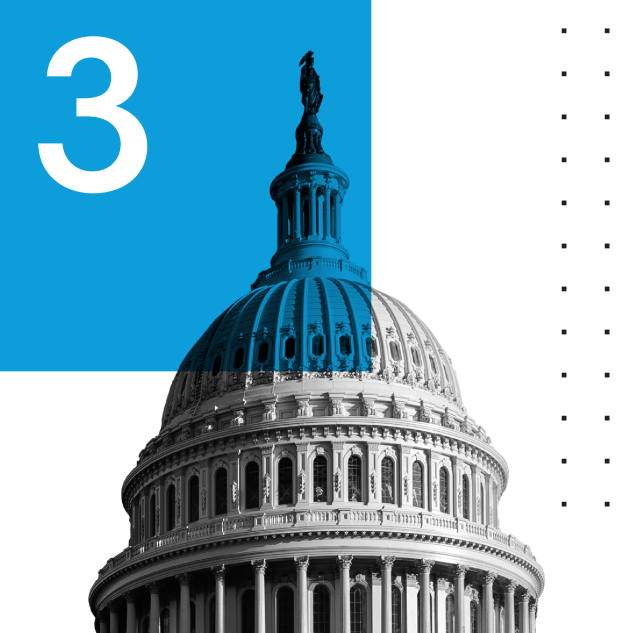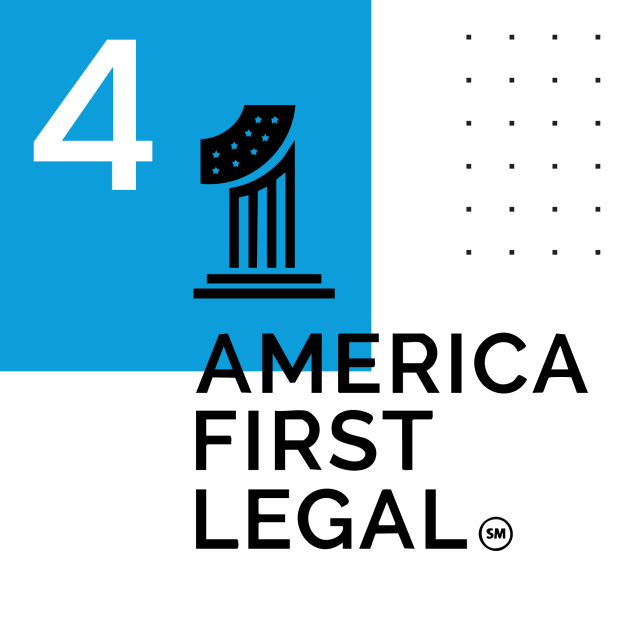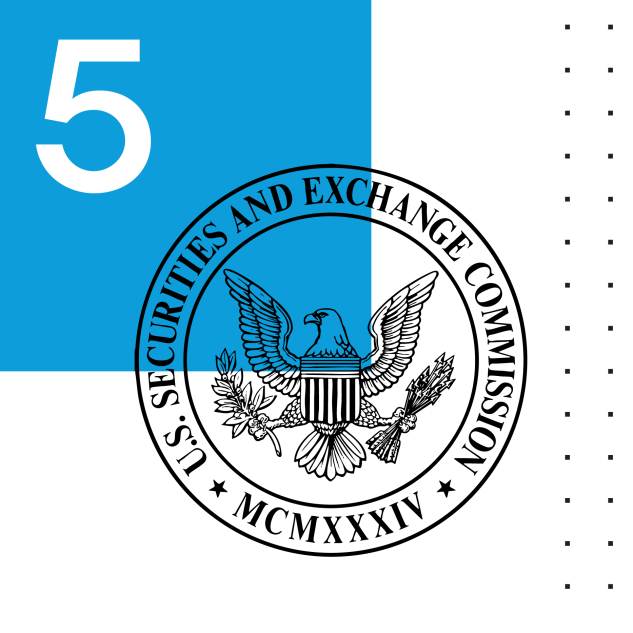- Attacks on corporate diversity programs ballooned this year
- Companies mull how to keep DEI while not promoting it
The attack on corporate DEI programs, after gaining momentum throughout 2024, is poised to expand into the new year.
Five trends emerged in 2024 that are likely to continue: conservative influencer Robby Starbuck, emboldened by success, expects to target more companies to dismantle their diversity, equity and inclusion initiatives; companies have increasingly been changing the ways they talk about DEI to avoid political conflict; conservative forces in Washington have set their sights on corporate and government DEI programs; legal groups challenging diversity programs will persist; and more companies are expected to flag DEI as a risk.
But it’s complicated: while it may look like corporate diversity efforts are drawing to an end, most companies appear to be forging ahead with the majority of their diversity policies and goals—albeit more quietly, so as not to draw adverse attention. Meanwhile, many businesses and executives still publicly stand behind their diversity efforts.
Companies will have to weigh reputational and legal risk if they start reviewing their internal DEI practices, said Leah Malone, leader of Simpson Thacher & Bartlett LLP’s sustainability and ESG practice. That’s a reflection of the broader backlash against how companies can or should have policies centered on environmental, social, and governance goals, plus a “shifting legal landscape” that began with the Supreme Court’s decision barring affirmative action in college admissions, she said.
“It’s not just all sound and fury; there is also a substantive change in some of the legal standards that we’ve seen courts apply,” Malone said. “And there’s some legal reasoning behind a reevaluation of priorities.”
Rise of Robby
Starbuck’s mission to torpedo DEI initiatives began over the summer and continued into December. The podcaster—and onetime congressional candidate—sparked some of the biggest companies in the US to modify or completely upend their DEI programs.
He claimed victory over American mainstays
Starbuck’s DEI blitz surprised investors, and most are still figuring out what actual changes—if any—companies made to their DEI programs. Some activist investors vowed to respond to any reforms they dislike with shareholder proposals at their annual meetings.
DEI Rebrand
The way corporate America talks about diversity shifted last year. Nearly one-third of 125 major corporations surveyed earlier in 2024 by the Association of Corporate Citizenship Professionals have adjusted their language describing DEI projects. The report also found that 17% of those companies have reduced external communication on diversity initiatives.
Some significant and controversial rebrands have occurred. The world’s largest HR association, the Society for Human Resource Management dropped the “E” for equity from what it previously called “IE&D” in an effort to counter societal backlash over such programs. And
Nevertheless, many vocal and influential executives are continuing to tell investors that having an inclusive workforce is essential for their business to prosper.
Trump’s Washington
Trump’s second administration with a GOP-led Congress in tow will likely try to discourage corporate DEI efforts. Members of Trump’s transition team and administration nominees were involved in drafting Project 2025 as a game plan for governing. Among the 900 pages of proposals, the document is replete with ways the administration could hamper corporate DEI. For example, it recommends the Federal Trade Commission create an “ESG/DEI collusion task force” and prohibit the Securities and Exchange Commission from requiring companies to disclose certain information about their workforces. Most recommendations don’t require congressional approval.
In conjunction, a bill introduced by Sen. JD Vance (R-Ohio), the vice president-elect, proposes adding DEI to the list of banned discriminatory practices under the Civil Rights Act. It would prevent government agencies from awarding contracts or grants to companies with DEI initiatives. Additionally, it would reclassify board members as employees of companies, and prohibit companies from using any DEI criteria to name people to the board.
The bill cleared the House Oversight and Accountability Committee in the fall, but will need to be reintroduced this new session of Congress. It’s unclear if Republicans in the Senate like Kevin Cramer (N.D.), or House author Mike Cloud (Texas) will bring back the measure as-is, make changes or reintroduce it at all. What is clear is that Trump and Vance, as well as many GOP lawmakers, remain publicly critical of corporate DEI.
Legal Attacks
Conservative activists are applying legal strategies to undo diversity programs in corporate America and beyond which, they contend, unlawfully discriminate against White men.
America First Legal, led by incoming White House deputy chief of staff for policy Stephen Miller, has argued that corporate DEI programs violate Title VII of the 1964 Civil Rights Act. Miller’s group has filed over a dozen lawsuits against companies including IBM subsidiary Red Hat. The group also sent dozens of letters to the US Equal Employment Opportunity Commission asking it to investigate companies such as American Airlines over their diversity practices. A group led by Edward Blum, American Alliance for Equal Rights, has targeted law firms and startups with similar arguments.
Board diversity efforts have also been scrutinized in the courts. A federal appeals court earlier this month struck down a Nasdaq rule that required companies to have a diverse board or explain why they don’t. Nasdaq said it doesn’t plan to appeal the ruling.
Flagging Risk
Many businesses signaled in securities filings last year that their diversity efforts could present a risk, both if they do too much or too little on diversity.
More than two dozen companies from
But companies that listed DEI as a risk factor in their 10-Ks face a conundrum: they also single out DEI in the filings as essential to the success of their business.
To contact the reporters on this story:
To contact the editors responsible for this story:
Learn more about Bloomberg Law or Log In to keep reading:
See Breaking News in Context
Bloomberg Law provides trusted coverage of current events enhanced with legal analysis.
Already a subscriber?
Log in to keep reading or access research tools and resources.






